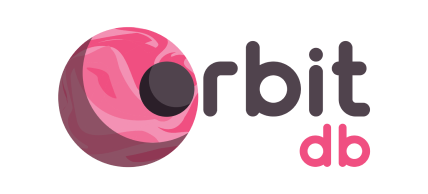Keep Web3 Online
We are raising $3M in community contributions to sustain our work as technical stewards of the Interplanetary Stack. Ecosystems and companies that could face severe disruptions starting Jan 1, 2025, without our contributions to the Interplanetary Stack:
ABOUT
What We Do
The Shipyard team is an independent engineering collective dedicated to making billions of websites and applications faster, more resilient, and truly open. As technical stewards of the Interplanetary Stack, we:
MISSION
Our comprehensive ownership means
The Shipyard team is an independent engineering collective dedicated to making billions of websites and applications faster, more resilient, and truly open. As technical stewards of the Interplanetary Stack, we:
- Proactive issue detection and resolution
- Regular security updates and patches
- Thorough dependency management
- Extensive interoperability testing
- Consistent, reliable releases
Keep Web3 Online
Our free IPFS tools and integrations have over 75 million monthly active users around the globe.
Help Fund Shipyard

















